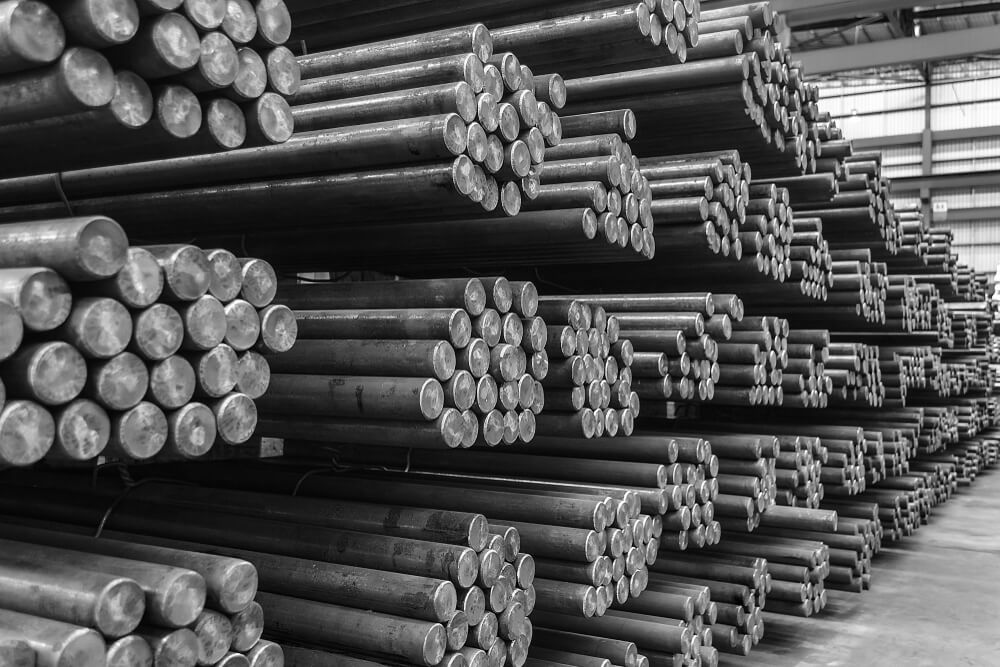
The European Commission is preparing to propose a ban on imports of Russian primary aluminum as part of its 16th sanctions package against Russia, EU diplomats revealed on Tuesday. The proposed measures aim to increase economic pressure on Russia following its invasion of Ukraine.
Informal discussions were held among EU member states to finalize the details of the sanctions. Sources indicate that the ban would be introduced gradually, allowing time for the industry to adjust. This follows a letter from 10 EU countries last year calling for expanded sanctions on Russian trade, including its aluminum exports.
Currently, the EU has banned select aluminum products such as wire, tubes, and foil, which account for less than 15% of the bloc’s total aluminum imports. Aluminum is widely used in industries like transportation, packaging, and construction and is increasingly vital in electric vehicle production due to its lightweight properties.
The United States and Britain imposed bans on Russian metals in 2024, but similar measures in the EU were delayed due to resistance from some member states. Despite this, the EU’s imports of Russian primary aluminum have steadily declined. Between January and October 2024, the EU imported approximately 130,000 metric tons of primary aluminum from Russia, down from 11% and 19% of total imports in the same periods of 2023 and 2022, respectively.
News of the proposed ban briefly lifted the LME benchmark aluminum price to a one-month high of $2,602 per ton before it settled at $2,576.50 by 1715 GMT, reflecting market volatility.
Industry experts predict that a ban on Russian primary aluminum could lead to increased competition for alternative supplies from the Middle East. The region, including the United Arab Emirates and Bahrain, accounted for nearly 9% of global aluminum production in 2024, according to the International Aluminium Institute. EU and U.S. companies are expected to seek additional sourcing from these producers to offset any supply gaps created by the sanctions.



